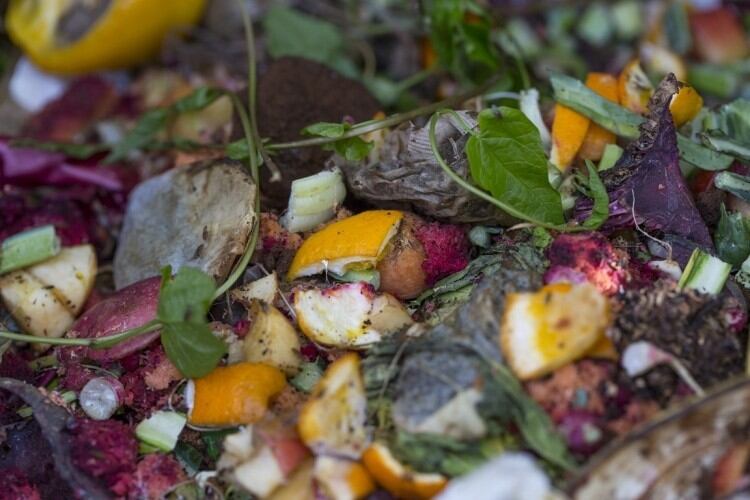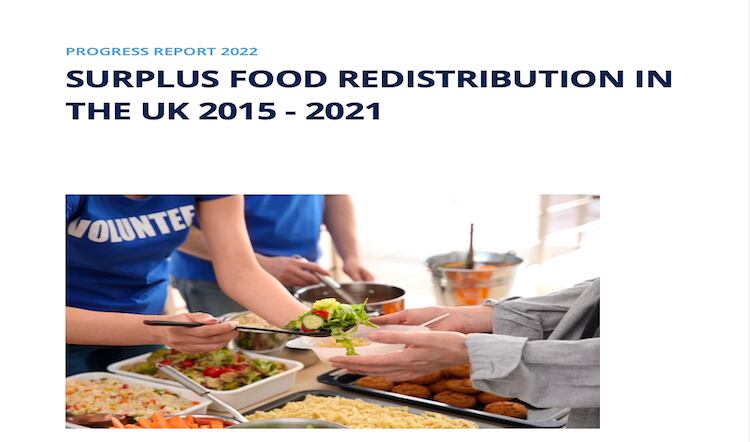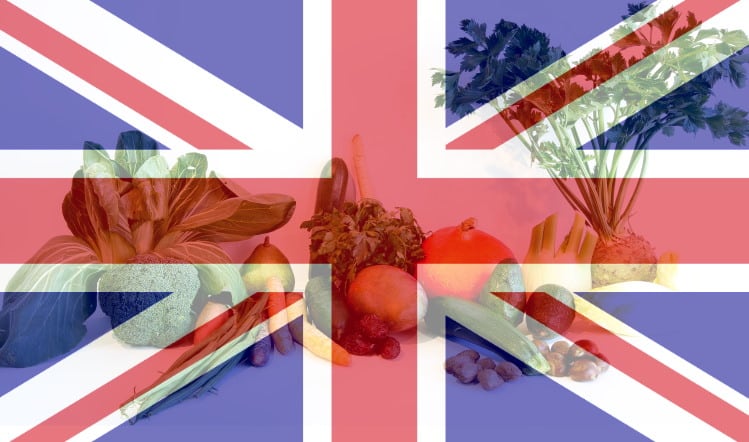The research by Currys of 2,026 people across the UK found that quarter (25%) of Millennials, which are people born between 1981 to 1996, are throwing their leftover food in the bin, followed by Gen Z (born between 1997 to 2012) at 20%.
Those earning the most money were shown to waste the least food with less than one in four of those on £65-£75K throwing food away.
The news comes as it was revealed that amount of food saved from becoming waste continues to rise significantly but nearly 200,000 tonnes of good food still go to waste each year in the supply chain, according to climate action NGO WRAP. It found that against the backdrop of rising prices and impacts on the food supply chain food businesses and manufacturers had managed an increase in surplus food by 16%.
Store leftovers
The Curry's research also found that women (73%) were found most likely to store leftovers than men (58%) while baby boomers (born between 1946 to 1964) stored the most leftovers (18%).
The survey found that households earning between £15k to £25k annually were the least likely to store their leftovers (64%). In second and third place were households earning over £35k per year (66%) and £65-£75k per year (71%).
The least wasteful cities were in Plymouth (75%), followed by Southampton (70%), Leeds (67%), and Newcastle (64%)
While the most wasteful cities are London (19%), followed by Edinburgh (18%), Glasgow (16%) and Belfast (13%).
Use by dates
The survey also looked into how people stored their food and for what time frame.
It found that to some people the ‘Use By’ date was more like a guideline rather than set rules and to others, it is as good as law. However, it said that 77% of people make a decision of whether food is good to eat by smelling it.
Dr Jonathan Hughes, Microbiologist, said: “Giving food a sniff is a useful test to tell if food has spoiled. Most of the bacteria that cause food poisoning have no discernible smell but bacteria that grow alongside them do; if conditions are good for the growth of the smelly bacteria, it’s likely the harmful bacteria have also been growing.”




